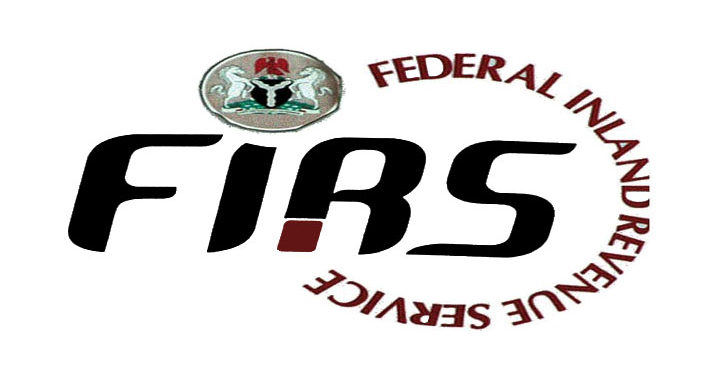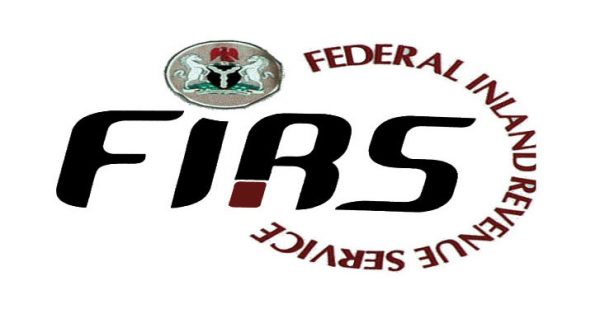Online shoppers in Nigeria could soon be paying more for the smartphones and handbags they purchase from ecommerce stores. The Federal Government says it is planning to slap a 5% Value Added Tax (VAT) on these transactions, as well as any others paid for by bank cards.
This is part of a wider drive by the FIRS, the country’s tax collection agency, to spread its tax net over larger sections of Nigeria’s economy.
Speaking on the proposed plan, the head of the FIRS, Babatunde Fowler, said that the new policy could be implemented through the banks, which would be asked to levy the VAT on transactions carried out with debit cards they issue to their customers.
Nigeria has a growing ecommerce sector, with several new online marketplaces and supporting payments solutions springing up every other year. Although the industry in the country has barely gotten out of its infancy, available estimates suggest that it’s already worth about $13 billion. This figure could balloon to well over $50 billion within the next decade.
It’s a huge potential tax base, and one that has remained largely outside of the government’s ongoing move to generate revenues from product sales. Analysts believe that it’s only a matter of time before tax officers begin to lean into platforms supporting online commercial transactions.
But critics, especially executives at some of Nigeria’s web-based stores, are warning that the plan could be problematic for digital payments in the country. They claim that it could undercut the efforts at enforcing another government policy which aims to wean Nigerians off their dependence on the exchange of hard cash in their daily business transactions.
Countries the world over levy VAT on products bought and sold on ecommerce platforms situated within their borders. The critics of the FIRS’s move to tax online purchases acknowledge this. Their misgivings revolve around the idea that Nigeria’s cashless policy hasn’t properly taken off, and that its digital economy is still fragile. They insist that a tax on products traded online will only stifle them.
The government may be implementing the new plan to help fund its growing budget which is being swelled by an increase in the minimum wage, an ever expanding civil service, and the need to service previously existing debt.
In 2017, it launched a tax amnesty program, which let tax defaulters pay sums in non-remitted taxes owed the FIRS. It also says that it collected a record of ₦1 trillion in taxes last year.
The FIRS will be probing even further and deeper through the Nigerian commercial landscape in the coming months and years, as it hunts for more revenue sources to plug the government’s funding gap. The VAT on merchandise and services sold online could come into effect next year.
Featured image source: The Nation Online NG


